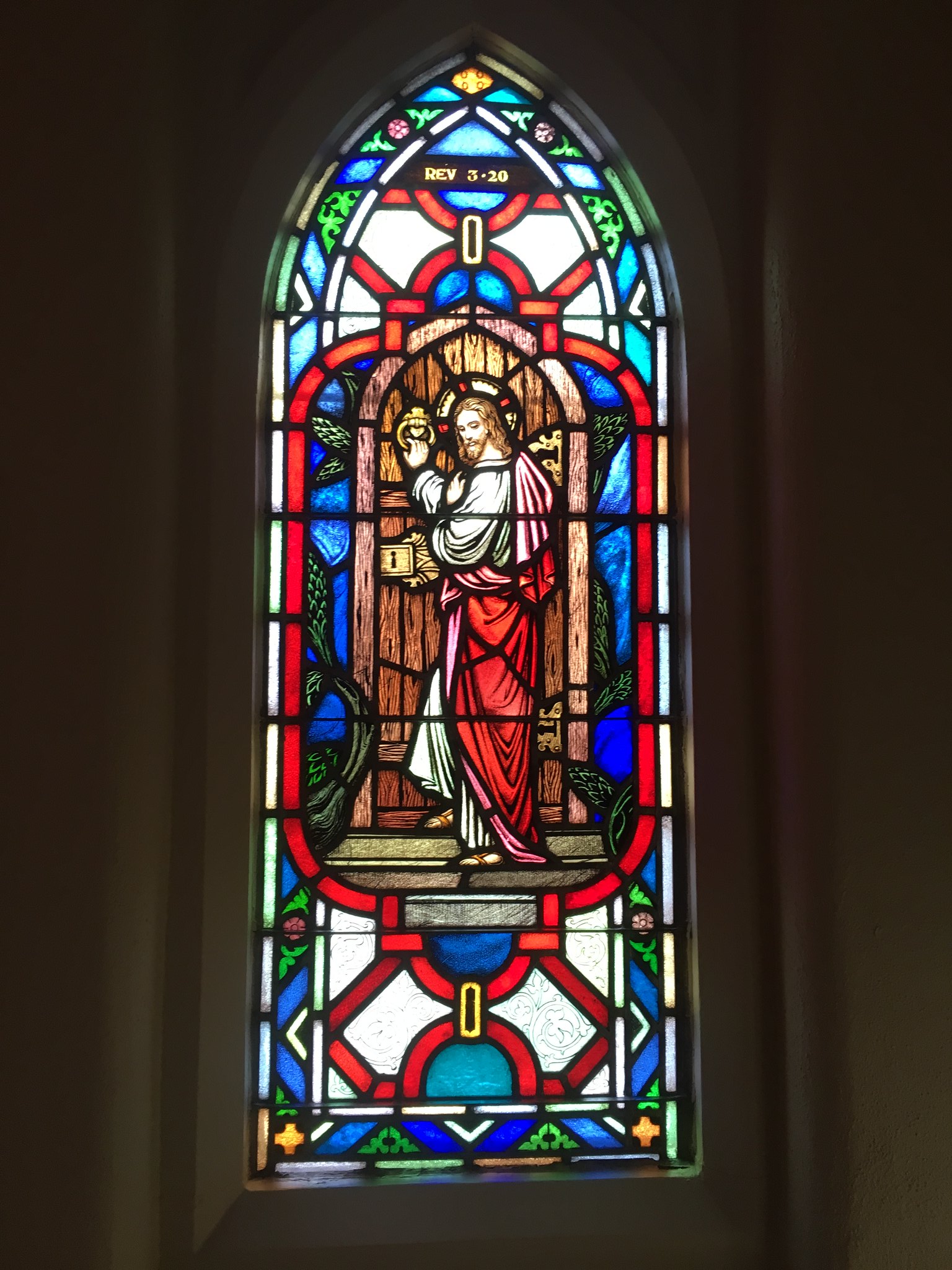Light for people in death's shadow
Christmas didn't start with the angels and the shepherds Luke 2:8-20. It didn't start with Mary's pregnancy carrying Jesus in her body into the world Luke 1:26-28. It didn't start with Joseph's dream being interrupted by an angel Matthew 1:18-25. No Christmas started with God's plan to send light and hope to people in need of a savior.
Isaiah gave a promise on God's behalf to the people. The promise was meant for people who walked in a very specific kind of darkness צַלְמָוֶת tsalmaveth. The word he used to describe the darknessצַלְמָוֶת tsalmaveth is the same heard in Psalm 23:4 to describe the darkness of the valley the shadow of death. God's light shines for the people living in the shadow of death.
Isaiah promised that the light, the hope of God's presence, would come to a people who lived in the land covered by the deep darkness, by death's shadow. This is the death and resurrection promise that starts with prophet's and that Jesus fulfills in time. This is the reason for great hope in dark times.
Isaiah writes so well,
For a child has been born for us, a son given to us...This is the Christmas promise plain and simple. Light has come for all the world.
And his name is Jesus. AMEN.
Peace and thanks for reading, John






